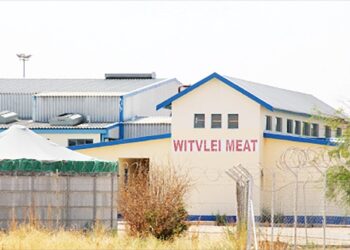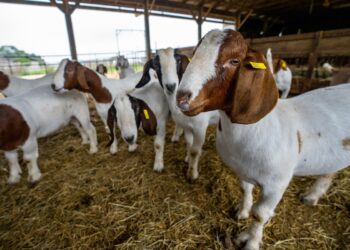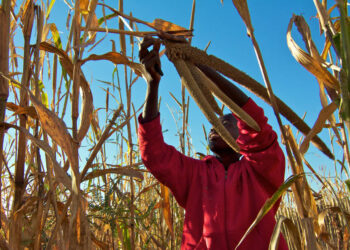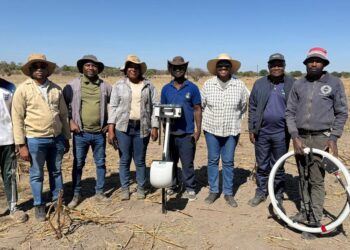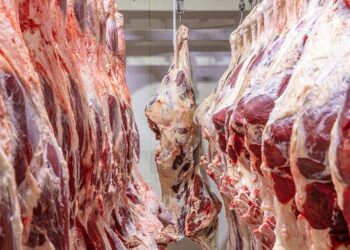
Namibia’s fishing industry recorded significant growth during the second quarter of 2023 after exports soared to N$4.1 billion compared to N$3.2 billion recorded during the same period last year.
According to Namibia Statistics Agency Statistician General & CEO Alex Shimuafeni, Spain was the top destination for fish and aquatic exports, accounting for 36.6% of the share, primarily consisting of frozen fillet of hake.
Spain was followed by the Democratic Republic of Congo in second place with a 15.4% share, predominantly of frozen mackerel.
“Zambia secured the third position, with a 14.3% share, mainly comprising horse mackerel,” Shimuafeni said.
On the import front, the value for fish and aquatic imports during the second quarter of 2023 amounted to N$173.3 million, indicating a drop from the N$274.1 million recorded in the second quarter of 2022.
“The majority of these imports came from the Falkland Islands, constituting 65.8% of the share, predominantly frozen cuttlefish and squid,” Shimuafeni noted.
South Africa followed with a 20.2% share, primarily hake, and Spain secured 4.5% of the share, primarily consisting of sardines.
The CEO noted that the period under review yielded a surplus of N$4 billion for fish and aquatic products, showcasing significant improvement when compared to the N$2.9 billion recorded in the prior quarter of 2022.
The accompanying import bill for fish products, however, declined to N$173.3 million during this review period, showcasing a reduction compared to the corresponding quarter of 2022.
This data is revealed in the Agriculture and Fishing Indicators Statistical Bulletin for the first quarter of 2023.
The bulletin notes that total landings of quota species for the second quarter of 2023 experienced a 24.7% decrease, with 81,469 metric tonnes compared to 108,179 metric tonnes in the corresponding quarter of the previous year.
Meanwhile, all fish species, except monk, saw declines in landings. Monk, on the other hand, recorded an increase of 14.5% in landings.
“Horse mackerel led the pack in terms of landings with 44,548 metric tonnes, followed by Hake with 33,816 metric tonnes, and Monk, with 1,825 metric tonnes,” the report highlighted.


